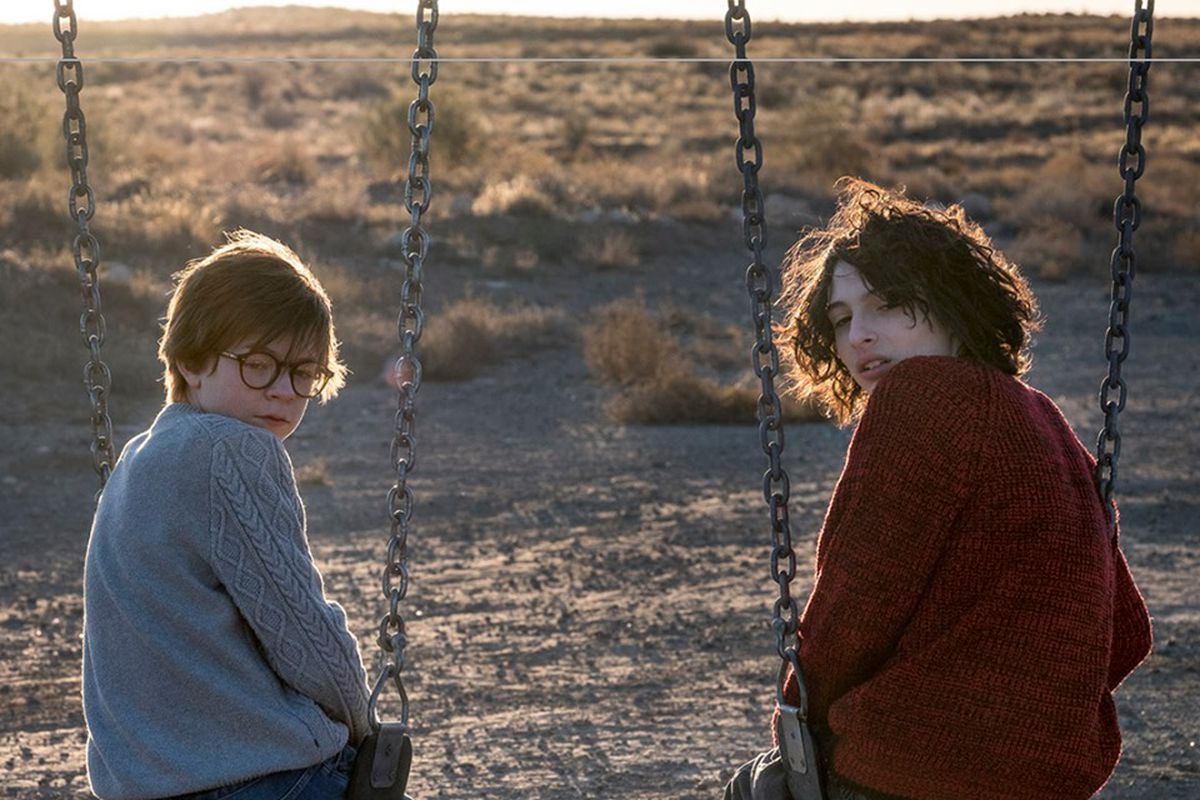Despite being firmly and repeatedly told that I should not go and watch the film adaptation of The Goldfinch (directed by John Crowley), my total and utter appreciation for the book, and my undying love for its author, Donna Tartt, overrode the tidal wave of negative reviews given to the film over the past couple of weeks. Before long, I found myself sitting in a local Everyman, excitedly gobbling an unprecedented amount of salted popcorn and sipping on a mojito. As my friend and I waited for the adverts and trailers to finish, desperate to end the next couple of hours with a conclusion that, yes, Crowley had made it possible to cram Tartt’s colossal novel (which is filled with just about everything– travelling, romance, art, terrorism, grief, and addiction) into a satisfying movie that justified the original author’s incredible seven-hundred and eighty-four pages… If I’m honest, the reality was anything but. Whilst it would be unfair to deem The Goldfinch a complete failure, it was far from a success.
The film follows a young boy named Theo, who steals Carel Fabritius’ painting, The Goldfinch, during a bombing that resulted in the loss of his mother. He is taken in by one of his friend’s family, the Barbours, before tracking his father down in Las Vegas. Here, he finds a friend in a cooky, unique character, named Boris, however before long he is forced to return to New York where he starts to sell fake antiques and comes face-to-face with addiction.
Frustratingly, the character that I was most disappointed by was Theo. Although, I do feel as though this is because my viewing was tainted by my love of the book (Tartt explored her protagonist’s psychology beautifully, using detailed inner-monologues to make her readers feel at one with him as a character). I felt deflated by Theo’s elusive personality, for me, the occasional clips of lifeless voiceover and narration just didn’t cut it; I was left hungry and wanting more.
When I read about Ansel Elgort being cast as Theo, I was really surprised. I awaited his portrayal with a strange, giddy anticipation; the fourteen-year-old inside of me reminisced about his dreamy performance as Gus in The Fault In Our Stars, and for some reason, expected this to work just as well. Performing Theo with an aura of smug irresistibility kind of worked well, but I personally felt as though this side of his characterisation lacked consistency. Often, I felt as though Elgort was uncertain in his role, and therefore went with the easier and predictable option of accentuating the unlikeable side of Theo, something that fans of the book know is only what you get with his character when he is taken at face value… There is so much more to him than that!
As a Stranger Things super-fan, I was becoming increasingly worried that I wouldn’t be able to see past Mike Wheeler when watching Finn Wolfhard as Boris. However, I have to say that Wolfhard is probably one of the best things about this film. He perfected the slightly creepy and overbearing nature of Boris’s character, whilst maintaining an adorable awkwardness that just made me want to smush his cheeks around a bit.
”I find it almost offensive that Crowley didn’t think to insert this structure into his film…”
Looking away from acting and casting, for me, the film’s biggest let down was the structure (a failure assisted by some particularly haphazard editing… Why did they portray Theo’s mother’s death like that?!). Theo’s dialogue literally tells Crowley how to structure this film. “Everything is before and after… The middle is the painting.” I find it almost offensive that Crowley didn’t think to insert this structure into his film; it would have raised my overall satisfaction with the film monumentally. It was begging for it!

Despite all of this, Roger Deakins (hand-in-hand with Wright and Wolfhard) saves The Goldfinch with some glorious cinematography. Some of the shots that he manages to achieve are just beautiful, and almost like a series of stylised photographs. The landscapes, colouring and camera work makes for what can only be described as a true piece of art; I was enthralled by it for the whole film.
Unfortunately, The Goldfinch (as a whole) managed to drag for what felt like an eternity; an issue created not by its length, but from the fusion of casting, straying from the original book, and the directing. For me, it felt unfinished, and I was quite let down by a concept that held such promise. I would put any success from this film down to its actors and cinematographer, and hope that the next adaptation of one of the world’s favourite books isn’t- and I really am sorry to deem it as this- a let-down.
Photo Credit: Vox

